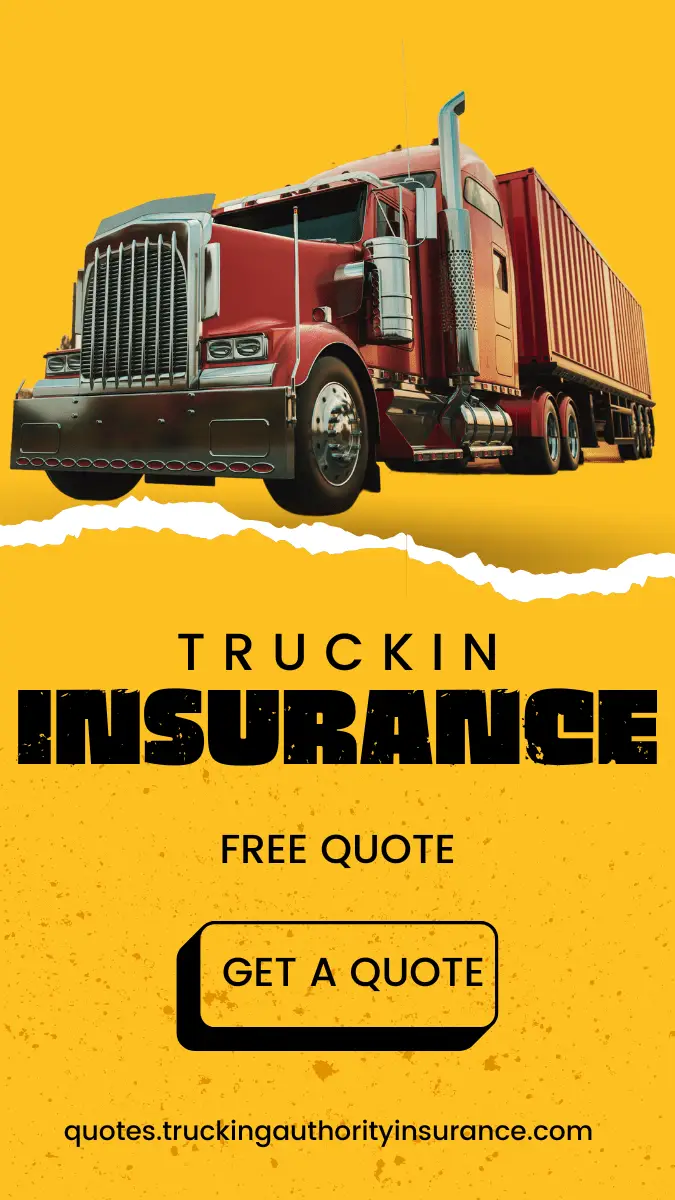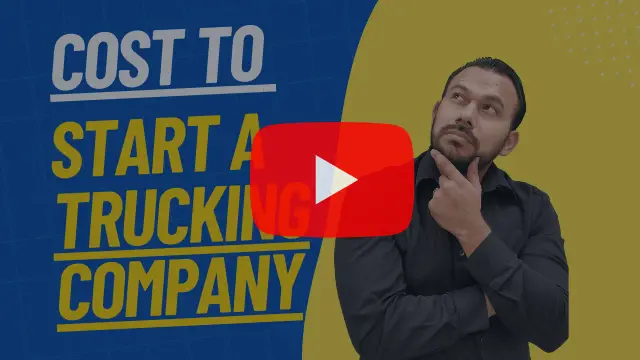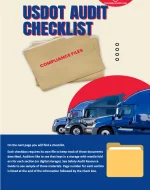Trucking Authority: Everything You Need to Know to Get Started.
For over a decade, we’ve been the trusted experts in helping trucking companies secure their Trucking Authority and maintain compliance with federal and state regulations. The term “Trucking Authority” encompasses a variety of permits and registrations, with the MC Number and DOT Number at its core. Without proper authority, your trucking business cannot legally operate across state lines.
This comprehensive guide explains the importance of Trucking Authority, how to obtain it, and answers the most common questions about getting started. Below are some of the most asked quesitons.
What is Trucking Authority?
Trucking Authority refers to the legal permission granted by the FMCSA (Federal Motor Carrier Safety Administration) that allows a trucking company to operate commercially. Trucking authority includes several components, such as the DOT Number, MC Number, and other required permits, this also the same as saying your motor carrier authority.
Who Needs Motor Carrier Authority?
Engage in the following:
- Operate as a for-hire carrier transporting goods or passengers.
- Engage in interstate commerce, moving goods or passengers across state lines.
- Work as a freight broker, arranging the transportation of goods.
Without proper trucking permits, your business cannot legally operate or secure contracts with brokers and shippers.
Steps to Obtain Your Trucking Authority
- Register for a DOT Number
A DOT Number is the first step in obtaining trucking authority. It tracks your company’s safety performance, inspections, and compliance with federal regulations.
Start your application here: DOT Number Application.
- Apply for an MC Number
An MC Number authorizes your business to operate across state lines or as a for-hire carrier. The application process involves submitting the OP-1 Form to the FMCSA.
Learn more about the MC Number process here: Motor Carrier Number Guide.
- File a BOC-3 Form
Submit the BOC-3 form to designate process agents in each state where you operate. This filing is mandatory to activate your MC Number.
- Meet Insurance Requirements
Provide proof of commercial insurance that meets FMCSA standards. Insurance is crucial for activating and maintaining your authority.
- Register for Additional Permits
- Apportioned Plates: Required for multi-state operations under the International Registration Plan (IRP).
- IFTA Registration: Ensures compliance with fuel tax reporting for interstate carriers.
Need Help Obtaining Your Permits?
Get Your Trucking Authority Today!
We Can Help Your Setup Your USDOT & MC Number.
Speak With Our Experienced Permit Professionals That Can Help You Ever Step Of The Way.
Call Us Today! Live Agents Are Standing Bye.
Why Motor Carrier Authority is Essential
This allows your business can operate legally, competitively, and efficiently. Here’s why it’s important:
- Legal Compliance: Avoid fines and penalties by meeting FMCSA requirements.
- Operational Freedom: Trucking authority allows you to transport goods across state lines.
- Credibility: Many brokers and shippers require carriers to have active trucking authority.
Common Mistakes When Applying for a Authority
Avoid these common errors to ensure a smooth application process:
- Submitting incomplete or inaccurate information on the application forms.
- Failing to meet insurance requirements, which delays activation.
- Overlooking the BOC-3 filing, a mandatory step for activating your MC Number.
- Misunderstanding your operation type, leading to incorrect filings.
For assistance in navigating the process, check out our resources:
Frequently Asked Questions About Trucking Authority
- What is Trucking Authority?
Refers to the permits and registrations required to operate a trucking business legally. It includes the DOT Number, MC Number, and other state-specific permits.
- Do I need both a DOT Number and an MC Number?
Yes, most trucking companies require both. A DOT Number tracks safety compliance, while an MC Number authorizes interstate and for-hire operations.
- How long does it take to get Trucking Authority?
The process typically takes 21 business days after submitting all required documents, including proof of insurance.
- What is a BOC-3 form?
The BOC-3 form designates process agents in every state where you operate. It’s a mandatory filing for activating your MC Number.
- What happens if I operate without Motor Carrier Authority?
Operating without proper authority can result in heavy fines, legal penalties, and suspension of operations.
- How much does a Motor Carrier Authority cost?
Costs vary based on application fees, insurance premiums, and additional permits. For detailed pricing, visit MC Number Pricing and Registration Costs.
- Do I need Trucking Authority for intrastate operations?
No, Trucking Authority is only required for interstate commerce. However, some states may have their own requirements for intrastate carriers.
- Can I transfer my Motor Carrier Authority to another business?
Yes, you can transfer your mc to a new or existing USDOT number.
- What is the difference between a DOT Number and an MC Number?
A DOT Number monitors safety and compliance, while an MC Number allows for-hire and interstate operations.
- Can I operate while my Motor Carrier Authority is pending?
No, you must wait until your Trucking permits are fully activated before operating legally.
Get Started with Your Motor Carrier Authority Today!
Securing your Trucking Authority is a vital step in building a successful and compliant trucking business. With over a decade of experience, we provide expert assistance in navigating the process and ensuring all requirements are met.
For more information and to get started, visit:
- DOT and MC Number Guide
- DOT Number Application
- Motor Carrier Number Guide
- MC Number Pricing and Registration Costs
Let us simplify the process so you can focus on growing your business!







